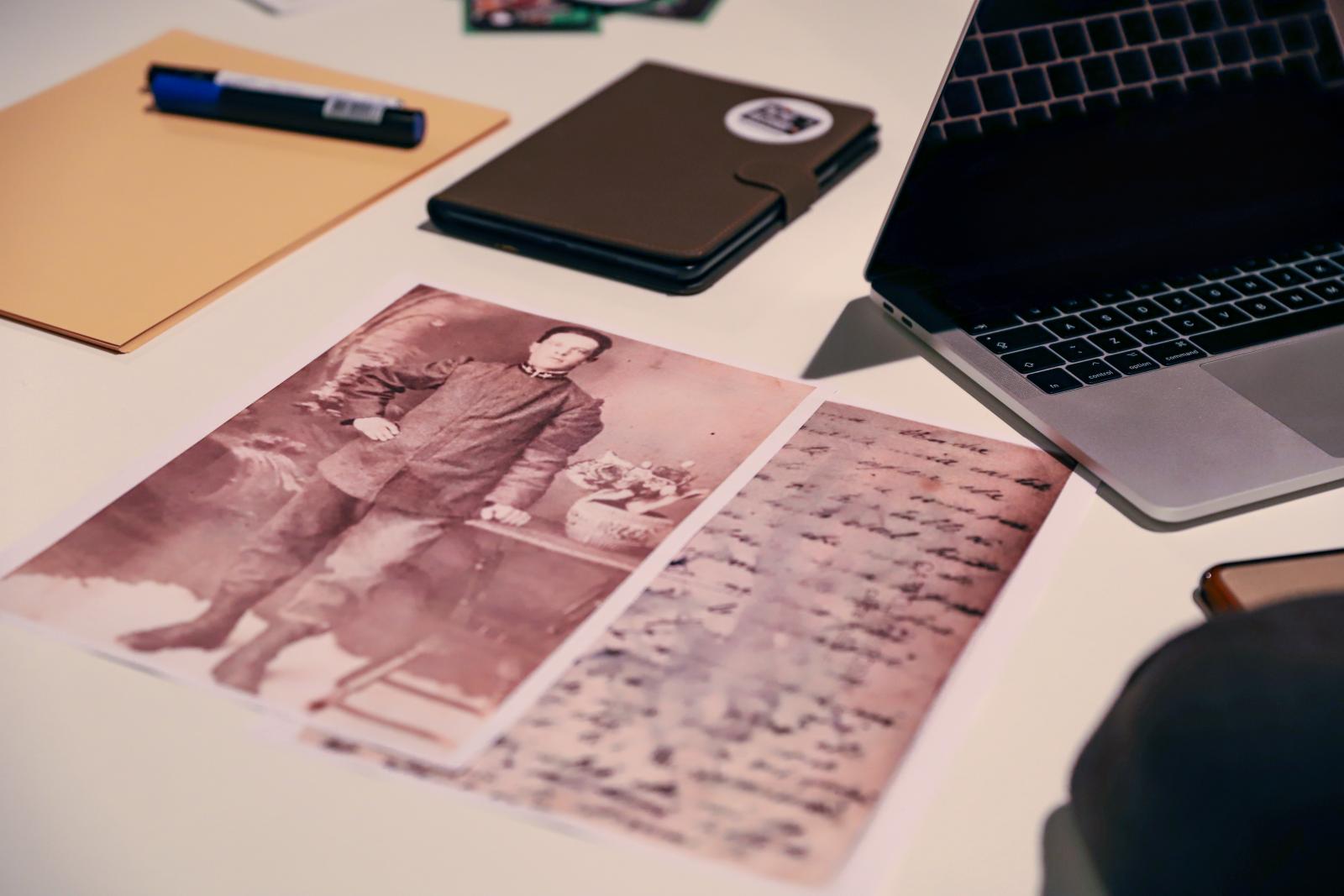
Research on the contemporary history of Luxembourg focuses on the political, economic, cultural and social histories of Luxembourg in the 19th, 20th and 21st centuries. This reflects the mission entrusted to the University of Luxembourg: to produce new knowledge about the contemporary history of Luxembourg by studying phenomena and processes that have profoundly affected the country and whose transnational and comparative value goes beyond the national perspective. The themes underpinning current research projects are the history of the Second World War, colonial history and social history (welfare, inequality and labour history). The LHI research group is currently composed of 26 researchers, mostly PhD students and postdoctoral researchers, who meet together regularly for team meetings, an annual retreat and a research seminar.
Research supported by funding
LHI members are regularly successful in securing competitive research funding. As part of the FNR-funded project Soldiers and their communities in WWII: The impact and legacy of war experiences in Luxembourg, Nina Janz and Sara Maya Vercruysse organised an international conference on the conscription of non-German men and women into the Wehrmacht and Reichsarbeitsdienst. Thanks to additional funding, the project was accompanied by an interview project on the war experiences of Ukrainian refugees following the Russian invasion. Two PhD researchers have received FNR funding through the AFR scheme: Arnaud Sauer, for his research related to foreign labour in the Minett during the interwar period, and Nicolas Arendt, who is investigating the transformation of ARBED during the period 1973-2001 from a transnational perspective. Machteld Venken is leading a work package on the history of welfare within the Greater Region for the project Social politics in European Borderlands. A Comparative and Transnational Study, 1870s-1990s, funded by a European Research Council Advanced Grant and coordinated at the European University Institute in Florence. Machteld recently spent time as a Visiting Scholar at the University of Lorraine to conduct archival research on the cross-border welfare of Luxembourgish veterans after the First World War. As part of the DFG-FNR funded Research Unit on the history of popular culture in the long 1960s, Véronique Faber is unravelling the history of the Schueberfouer, Luxembourg’s iconic funfair, using methods including interviews and participant observation.

Research commissioned by public and private stakeholders in Luxembourg
In 2022, the LHI research group continued to carry out research at the request of public and private stakeholders in Luxembourg. Societal interest in the history of the Second World War is reflected in a significant number of projects. The research on Soviet forced labourers in Luxembourg during WW2 conducted by Inna Ganschow reached a breakthrough thanks to the discovery of observation reports produced by the US army in 1944 and 1945, which are archived in the US. Ongoing research on the spoliation of Jewish property in the mid-20th century was accompanied by a new public outreach project for the creation of a digital Shoah memorial in Luxembourg (both under the supervision of Denis Scuto). Following the successful launch of a C2DH-created virtual exhibition on the First World War in Luxembourg, Christoph Brüll launched a new project developing a virtual exhibition of the Second World War in Luxembourg. With its research on the role of Luxembourg in the colonisation of Africa, the LHI is contributing to an ongoing debate in Luxembourg society. In 2022, LHI members visited the temporary exhibition “Luxembourg’s colonial past“ in the MNHA and exchanged ideas with the exhibition’s curator. Two postdoctoral researchers were given access respectively to the archives of the Chamber of Employees (Estelle Berthereau) and the Luxembourg Inspectorate of Labour and Mines (Sam Klein) and are investigating the history of these institutions.
Events and output
As part of the International Migration Conference network, Denis Scuto organised an international conference on Multicultural Conviviality in Dudelange. In cooperation with the University of the Greater Region’s Centre for Border Studies and the Transfrontier Euro-Institute Network, LHI members hosted the international conference Borders in Flux and Border Temporalities In and Beyond Europe. The LHI research group organised the second workshop of an international initiative on the documentation of current war experiences, with partners including the Centre for Urban History in Lviv (Ukraine) and the Polish Academy of Sciences. The group also welcomed archivists and digital humanists to discuss collections related to the history of cross-border cooperation in the Greater Region. Publications by LHI members include peer-reviewed edited volumes on the history of borderlands and children in Europe, an edited volume for a wider public with texts about southern Luxembourg inspired by Bruce Springsteen songs and an internationally peer-reviewed article on mapping migration to Luxembourg, based in part on inputs from students on the research-oriented MA course on migration history. The app Moving Lusitalia – Un quartier centenaire se réinvente was also developed and launched in cooperation with Dudelange Town Council and the Documentation Centre on Human Migration (CDMH).